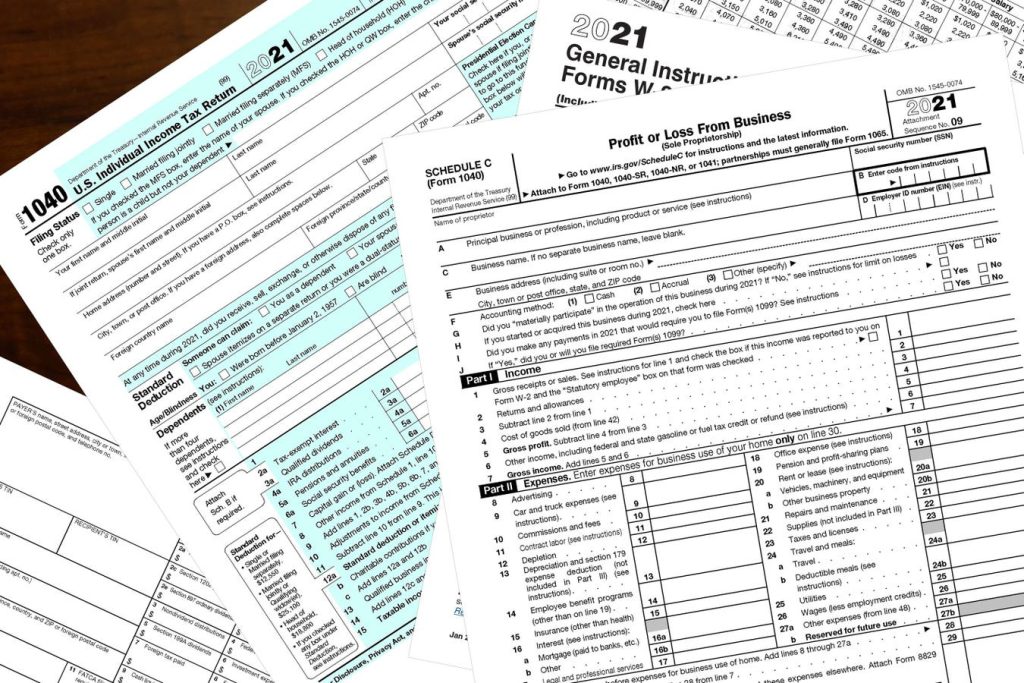U.S. persons with interests in foreign trusts must navigate complex international reporting obligations, including the filing of IRS Form 3520-A, in addition to IRS Form 3520. Failure to file a timely and accurate IRS Form 3520-A can result in severe penalties. It is essential for U.S. citizens and residents who own or are deemed to own a foreign trust under the grantor trust rules to ensure that the form is filed properly. While the primary responsibility lies with the trustee of the foreign trust, the U.S. owner may be liable for penalties if the trustee fails to file the form, unless a substitute Form 3520-A is filed.
There are potential pitfalls in determining whether a U.S. person must file a substitute Form 3520-A, such as the treatment of a U.S. person as a grantor of a foreign trust if they transfer property to the trust with a U.S. beneficiary. Executors may also have filing obligations for decedents who held interests in foreign trusts. The filing deadline for Form 3520-A depends on whether it is filed by the foreign trust or the U.S. owner, with extensions available. Penalties for failing to file can be significant, with potential additional penalties for continued failure.
In cases of failure to timely file IRS Form 3520-A, the IRS may assess penalties based on the gross value of the trust and the duration of the failure to file. However, penalties may be avoided if the U.S. owner can demonstrate reasonable cause for the failure to file. Recent proposed regulations provide criteria for determining reasonable cause on a case-by-case basis, considering all relevant facts and circumstances. It is crucial for U.S. owners of foreign trusts to appoint a U.S. agent to act on behalf of the trust for IRS matters and report this information on Form 3520-A to avoid potential consequences.
If the filing deadline for IRS Form 3520-A is missed, U.S. owners have options to regain compliance. Eligible individuals can utilize the IRS’ Streamlined Filing Compliance Procedures (SFCP) to submit the late form without penalties, depending on residency determinations. Those who do not qualify for the SFCP can use the Delinquent International Return Submission Procedures to argue reasonable cause for the late filing and potentially avoid penalties. While the penalties for non-compliance with IRS Form 3520-A can be significant, there are avenues available for U.S. persons to rectify the situation and meet their reporting obligations.


